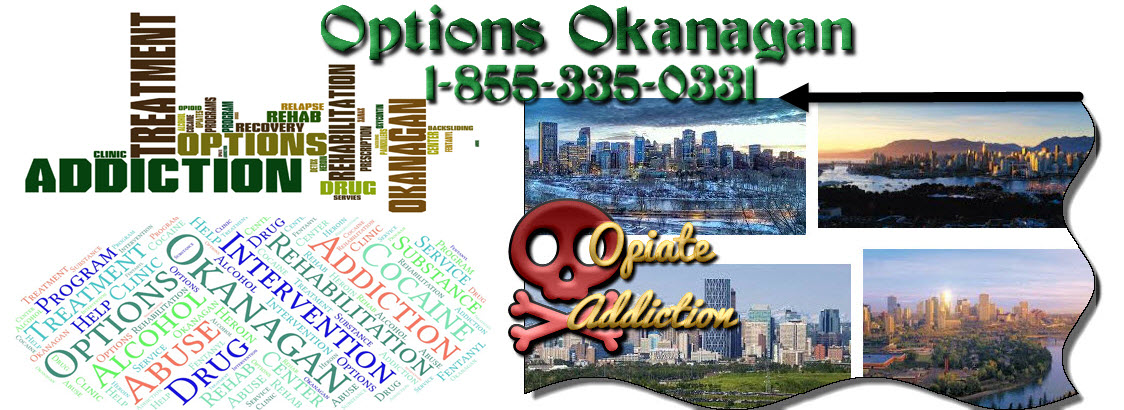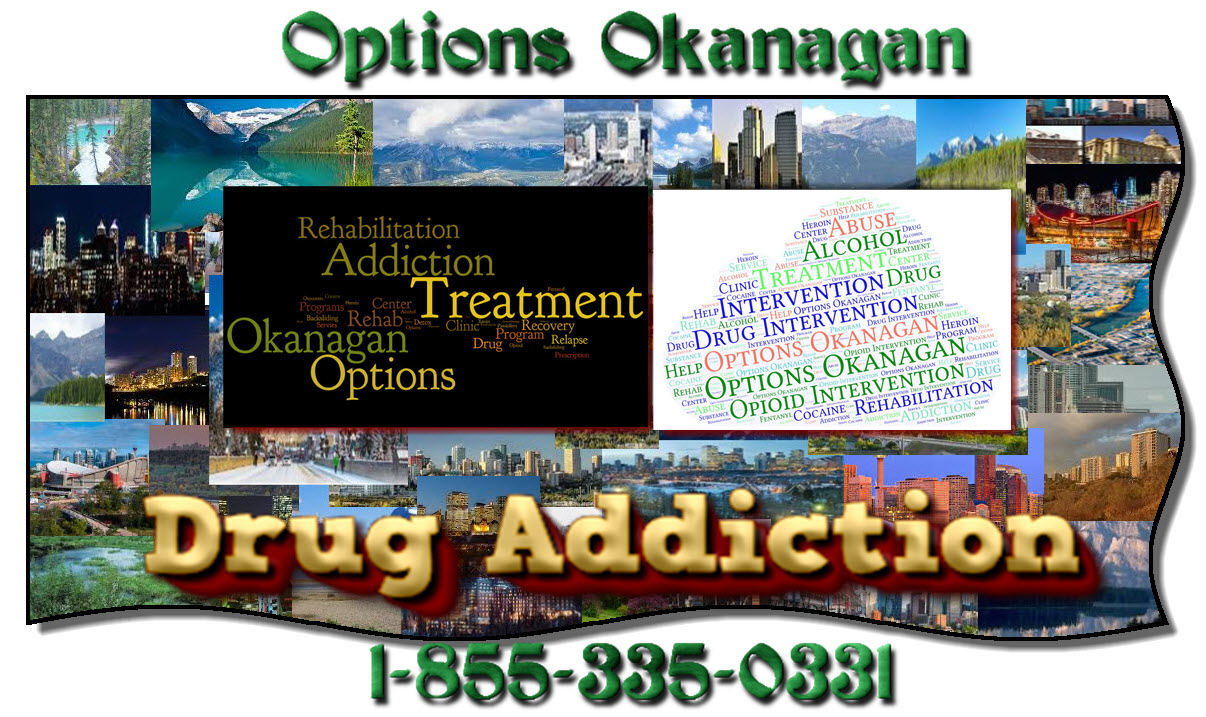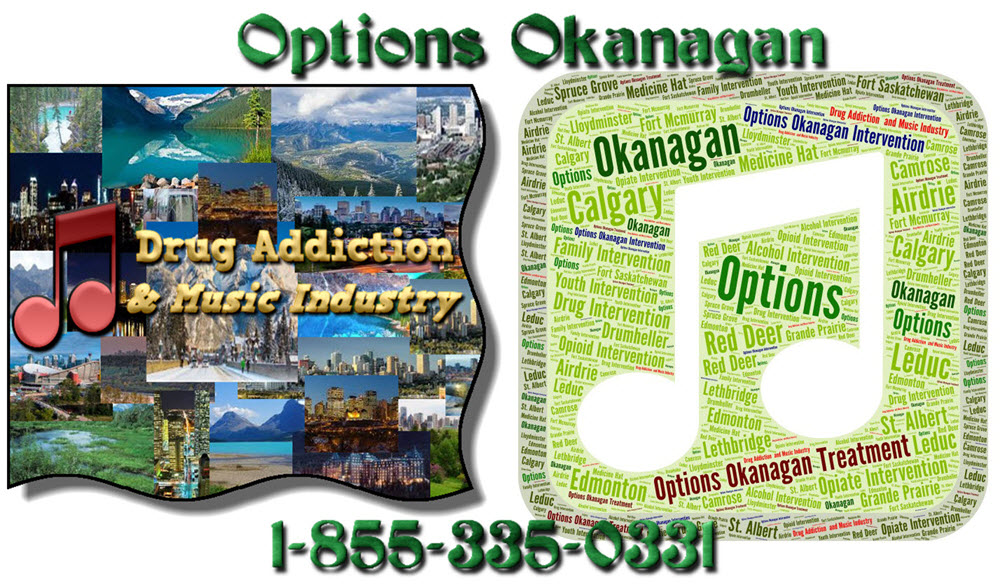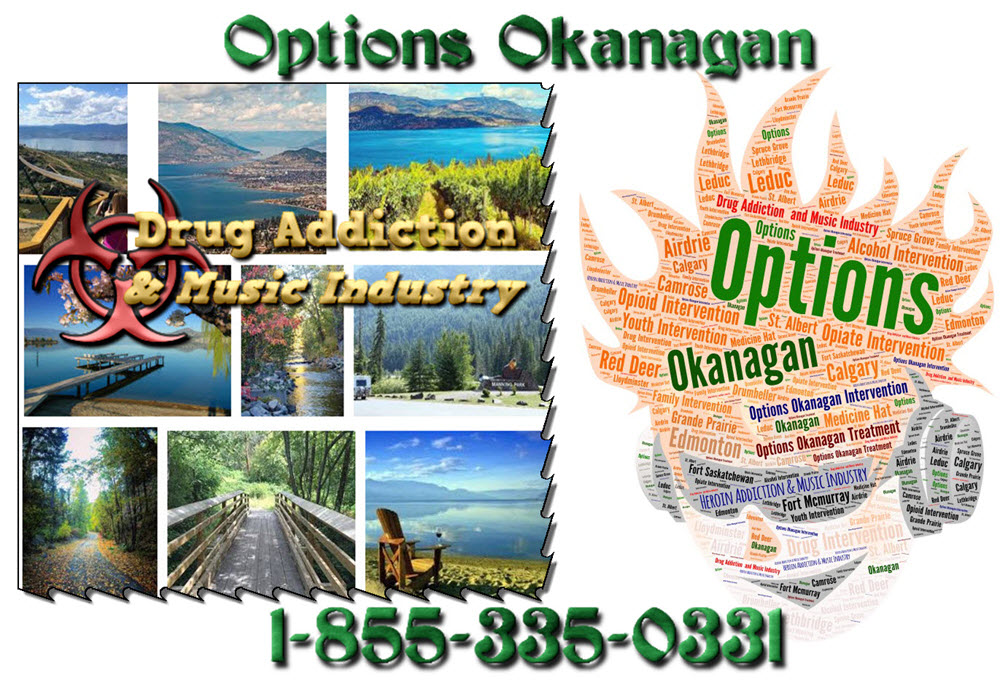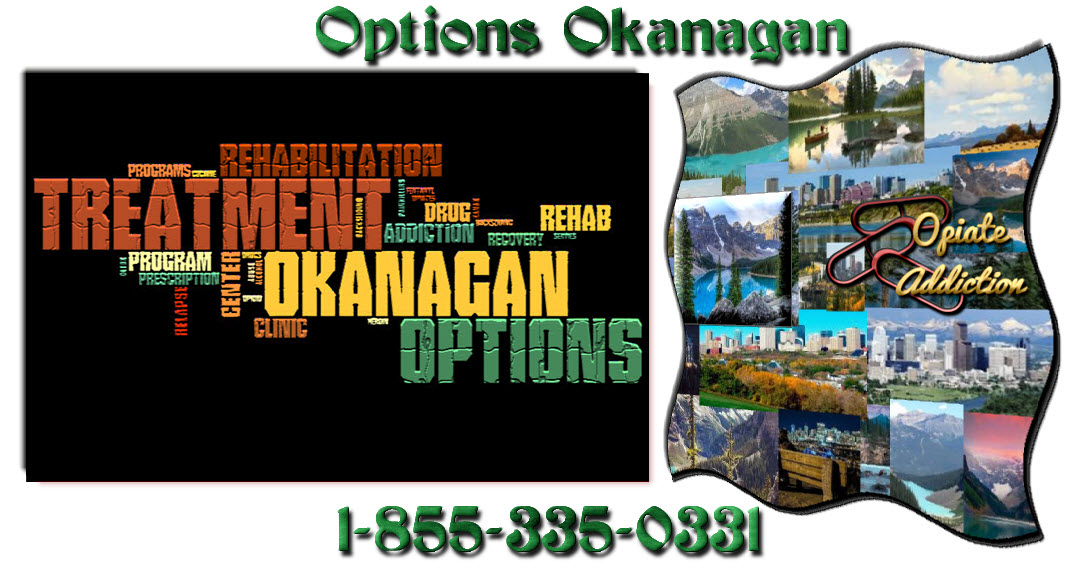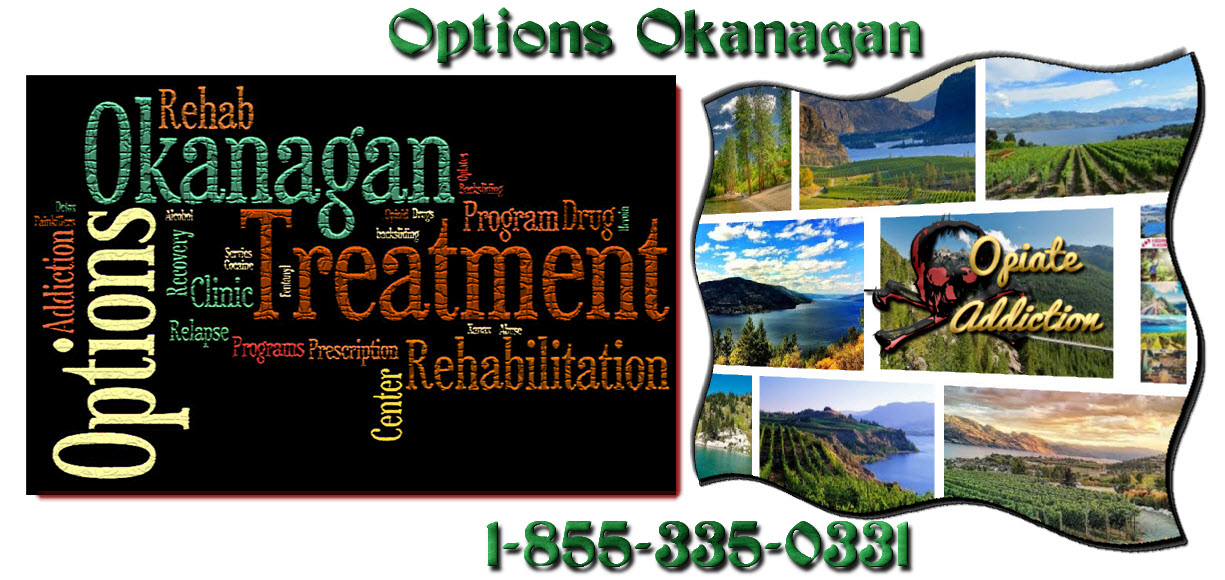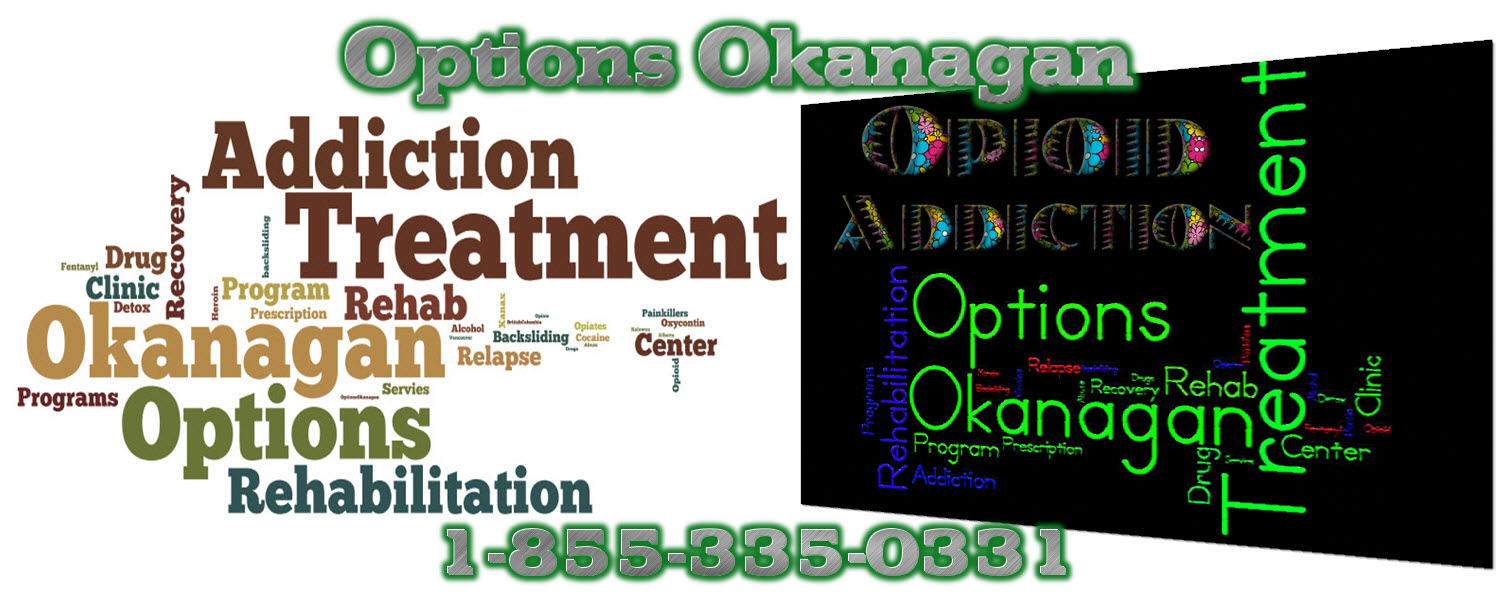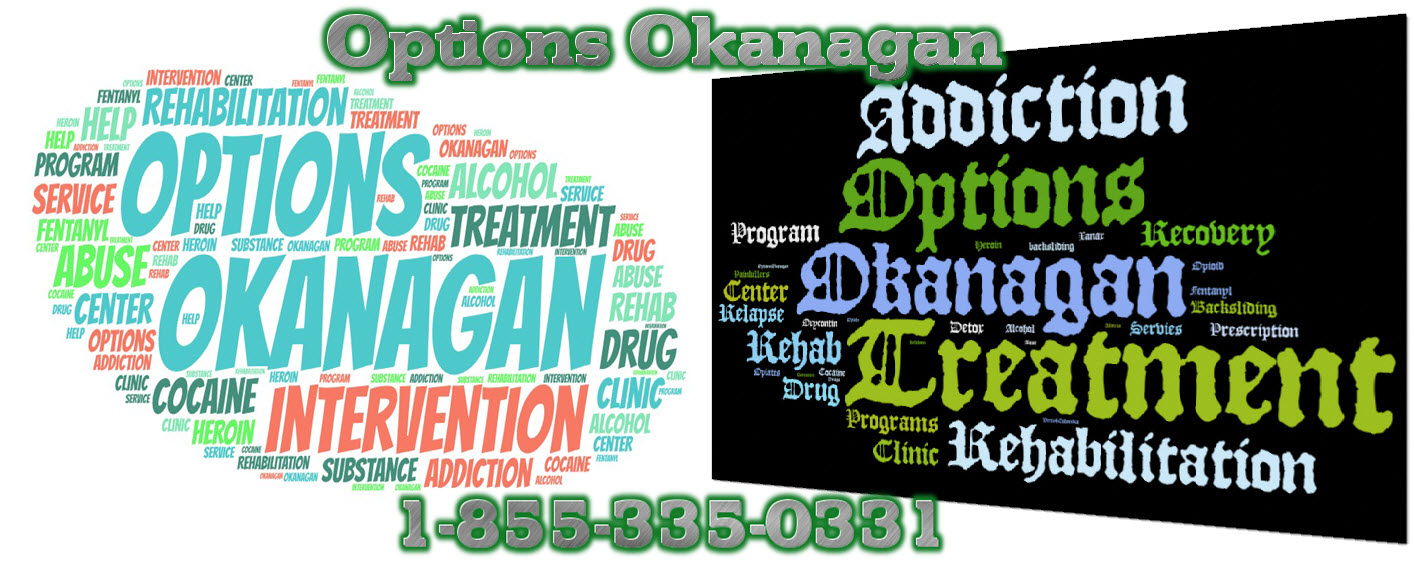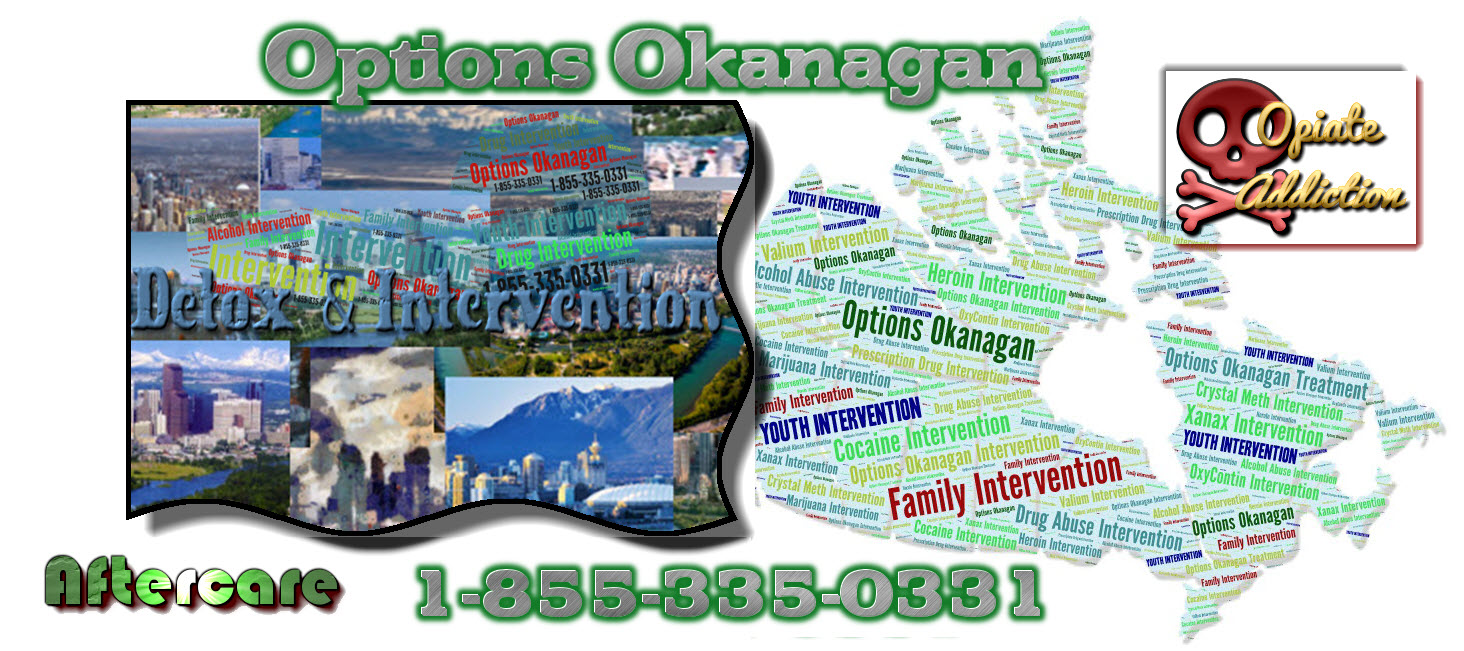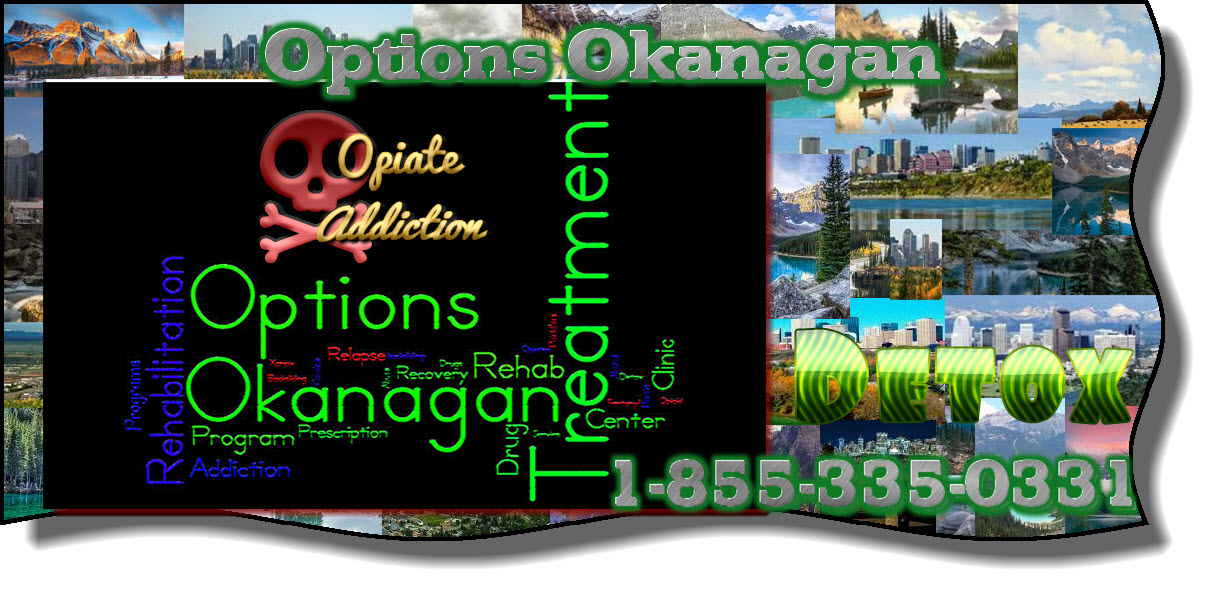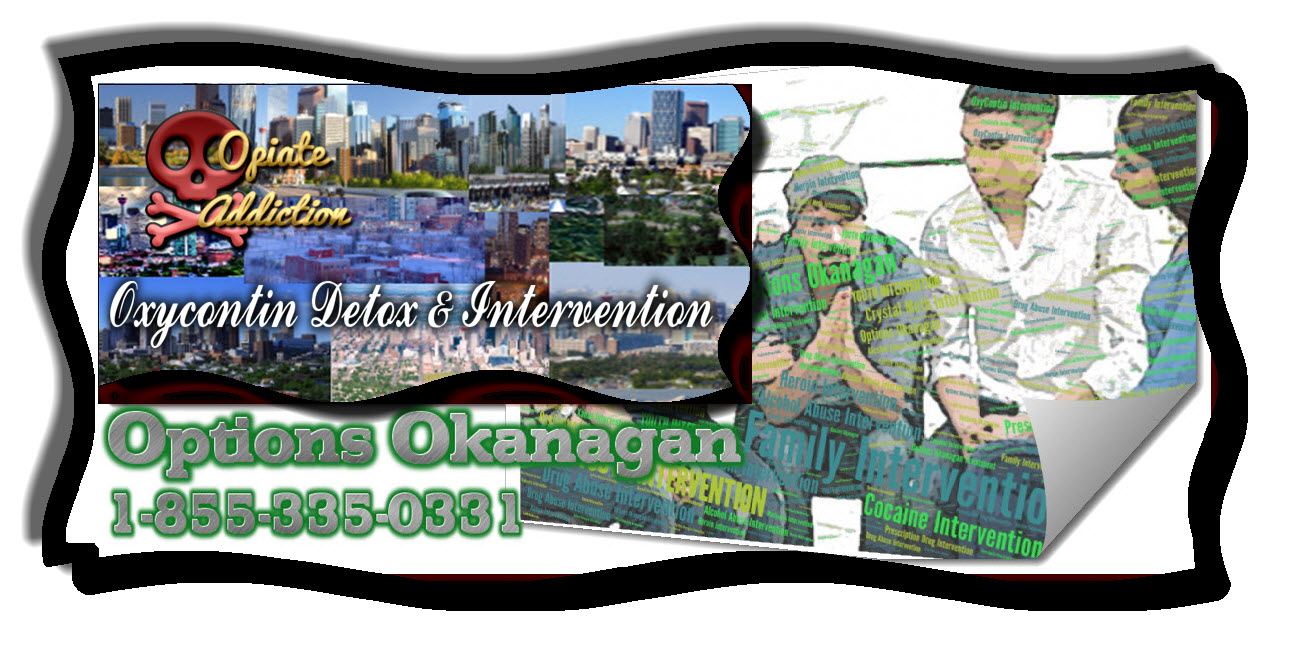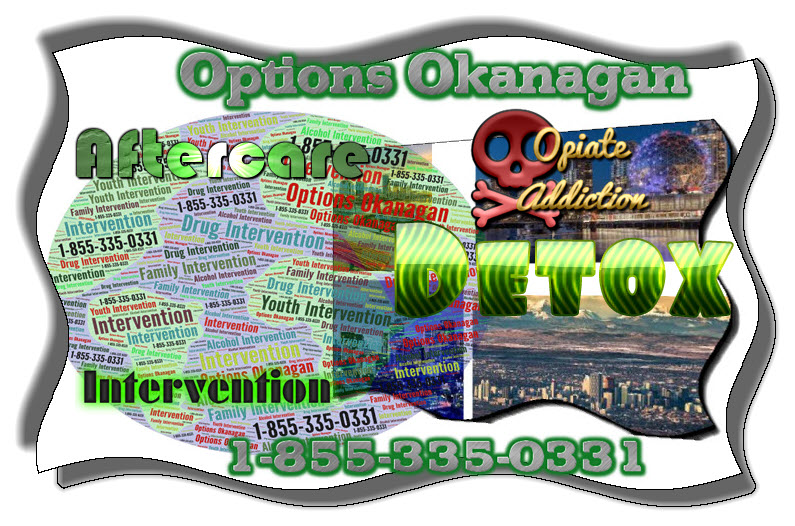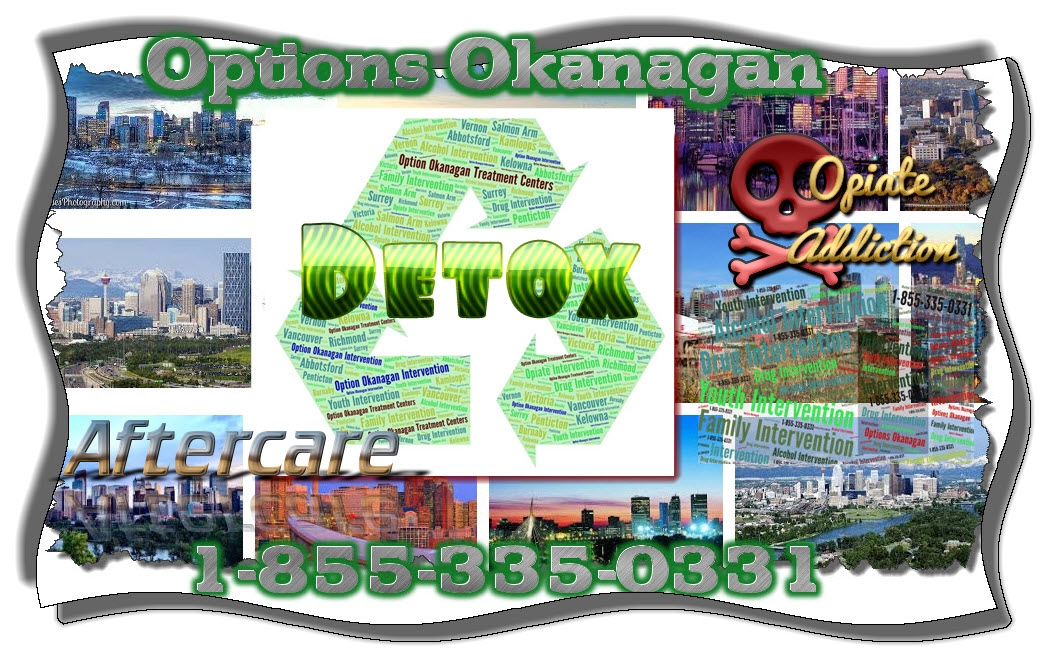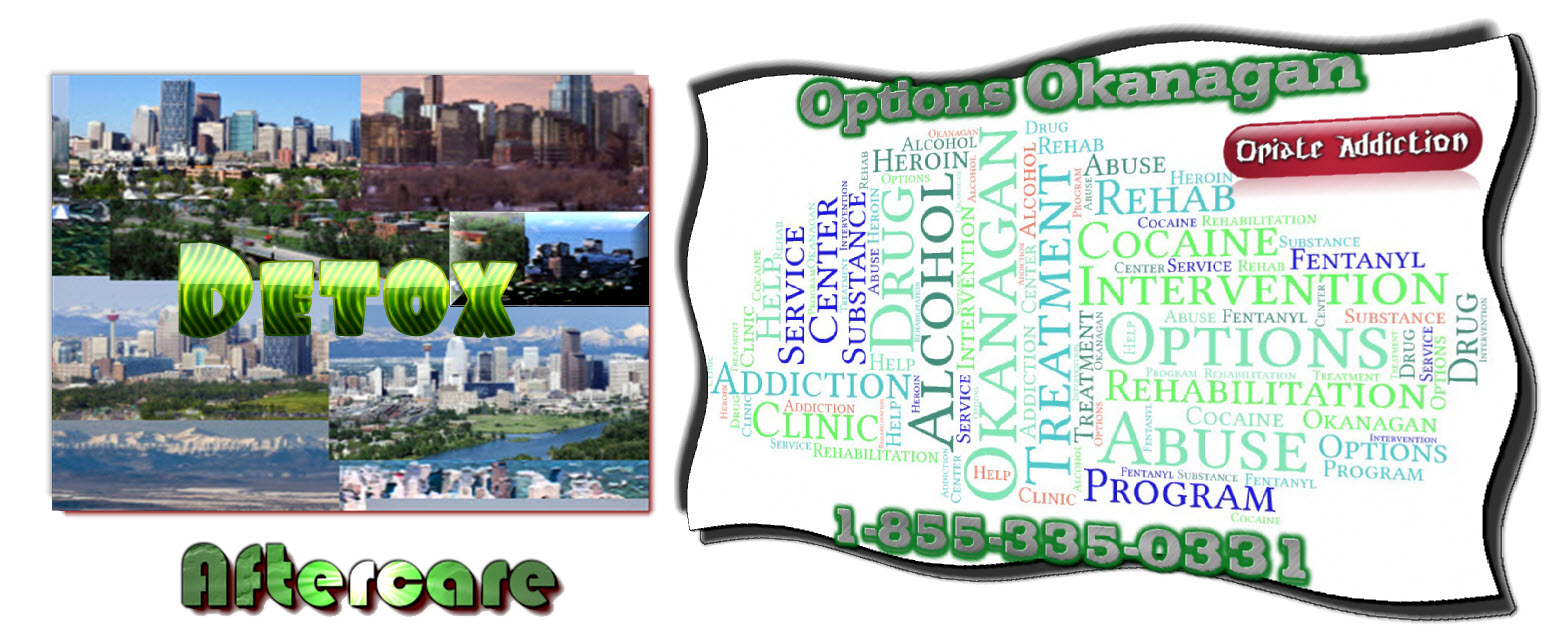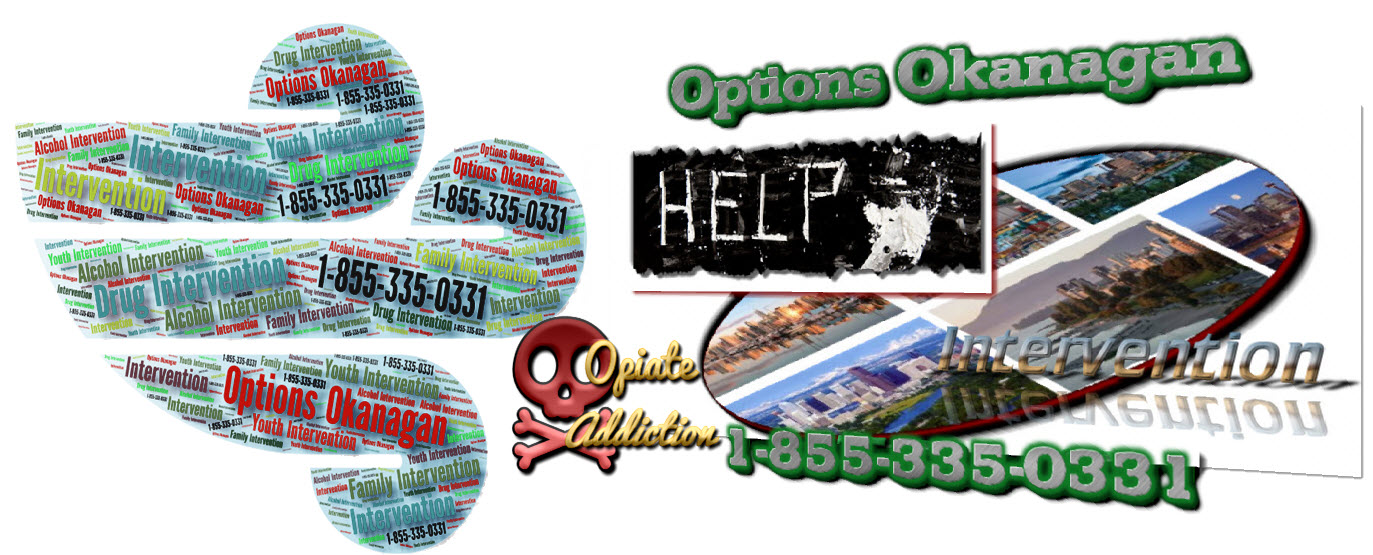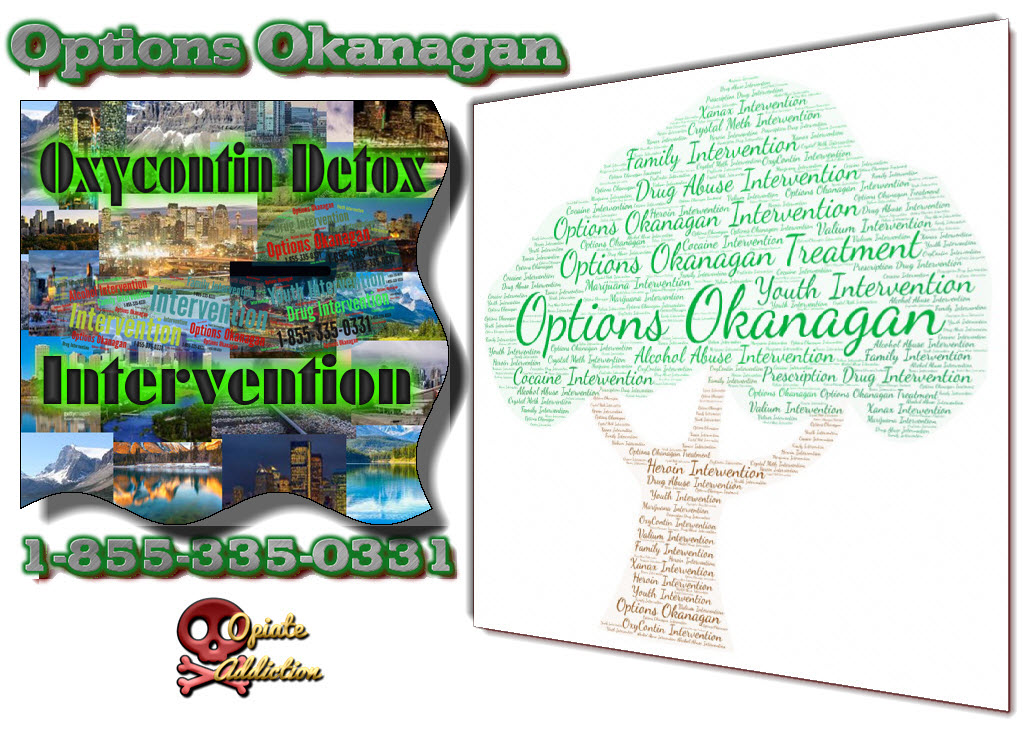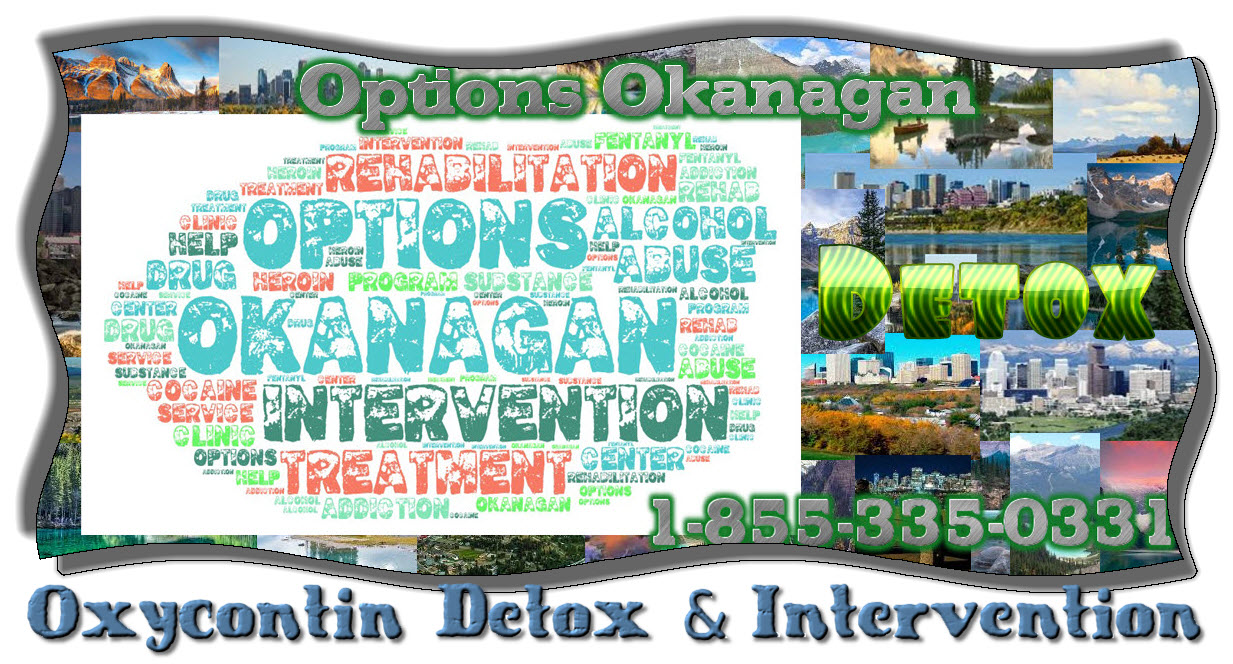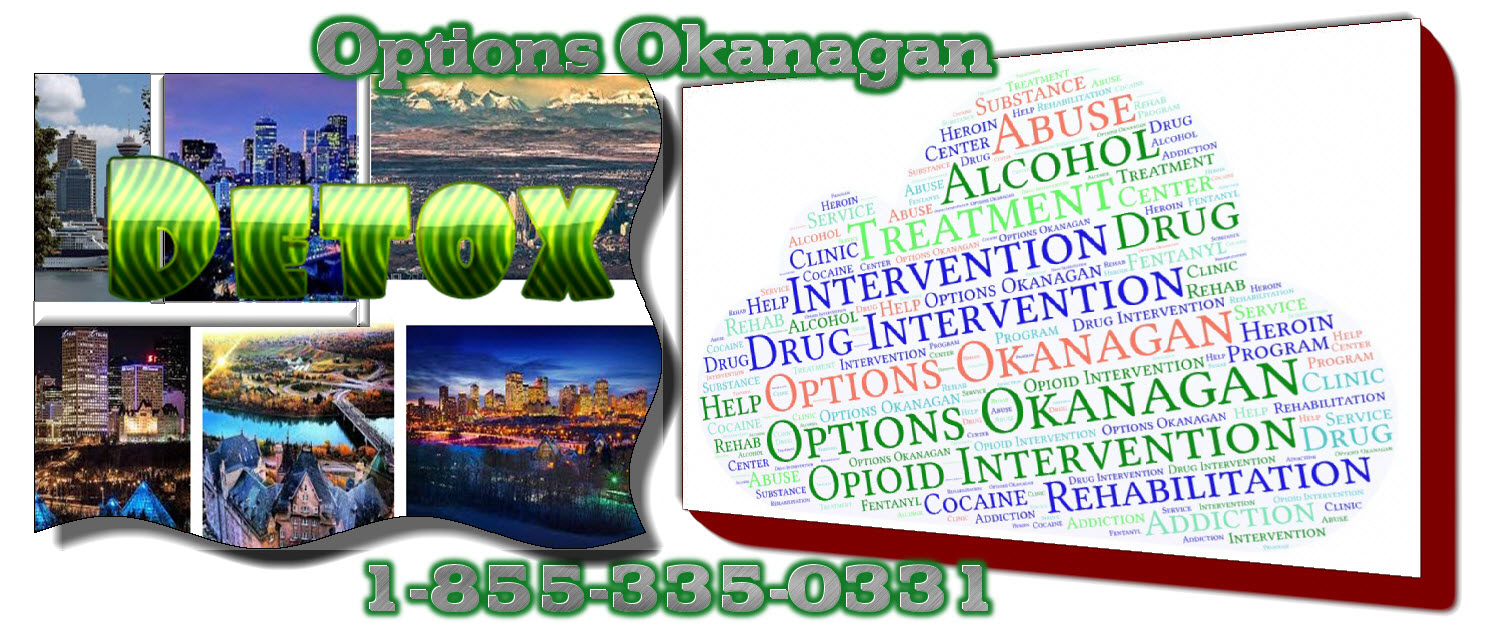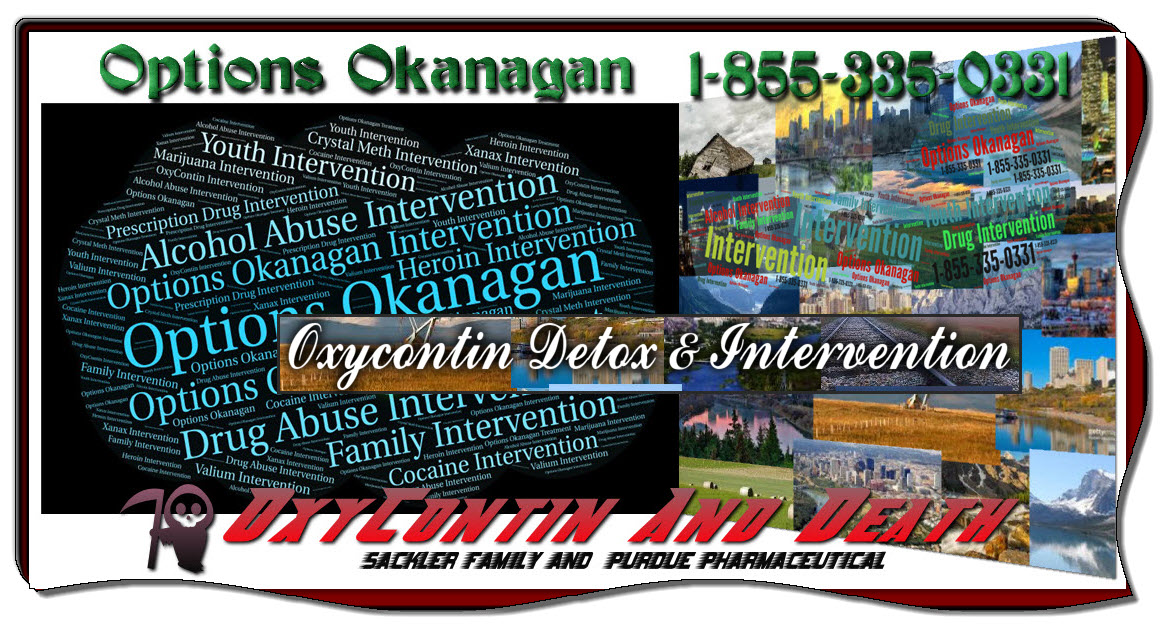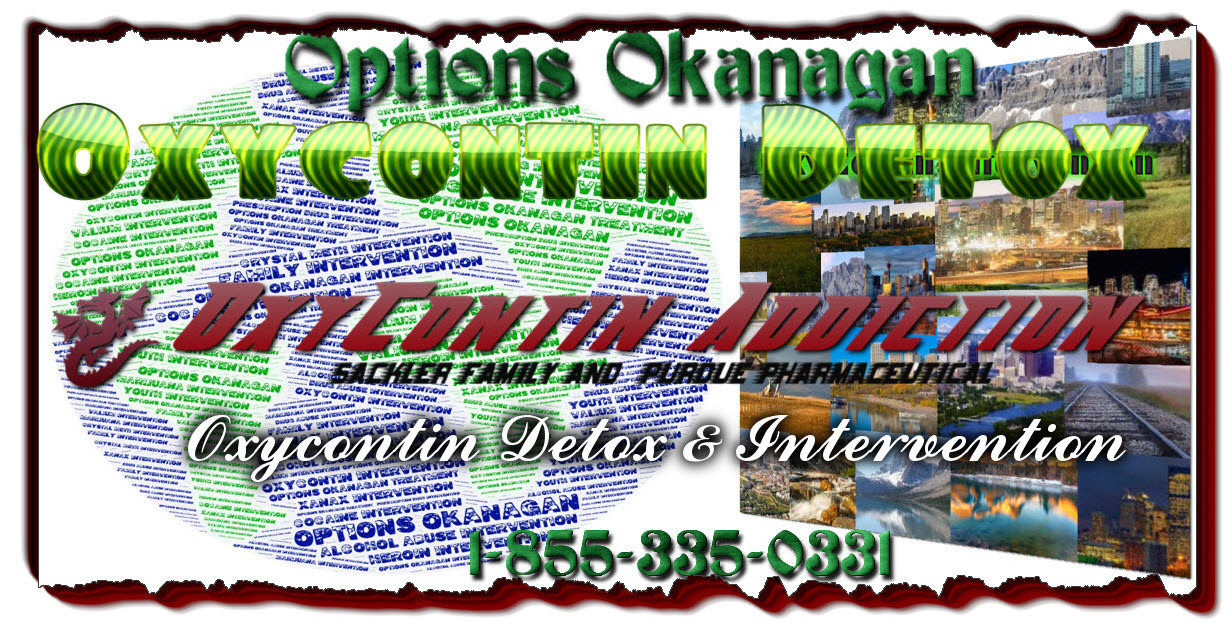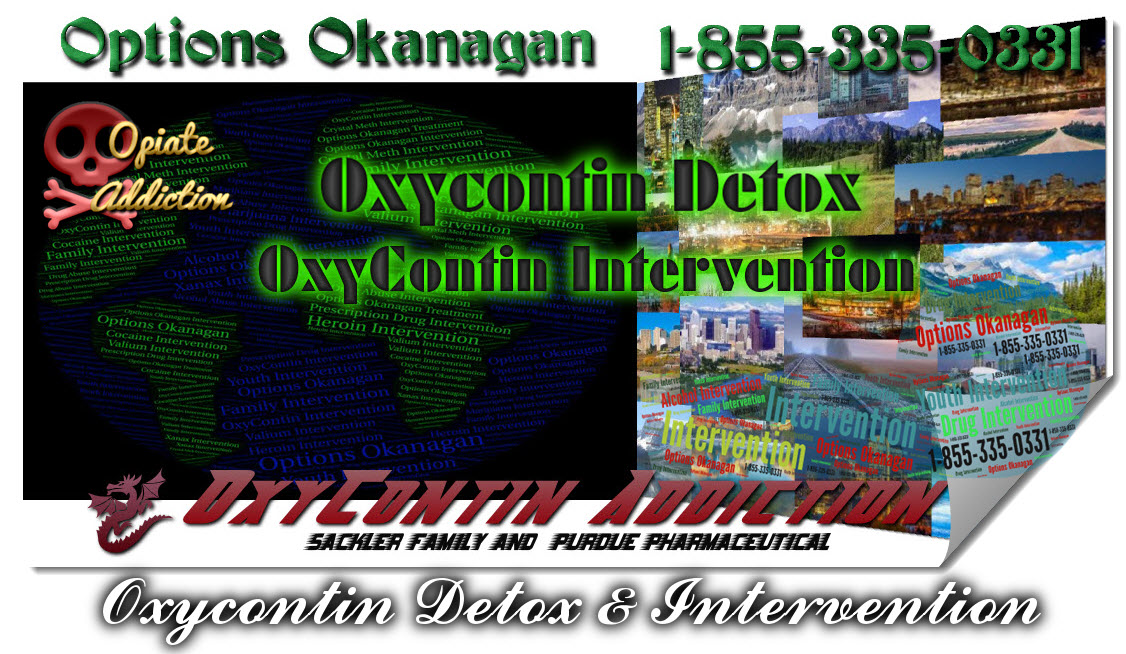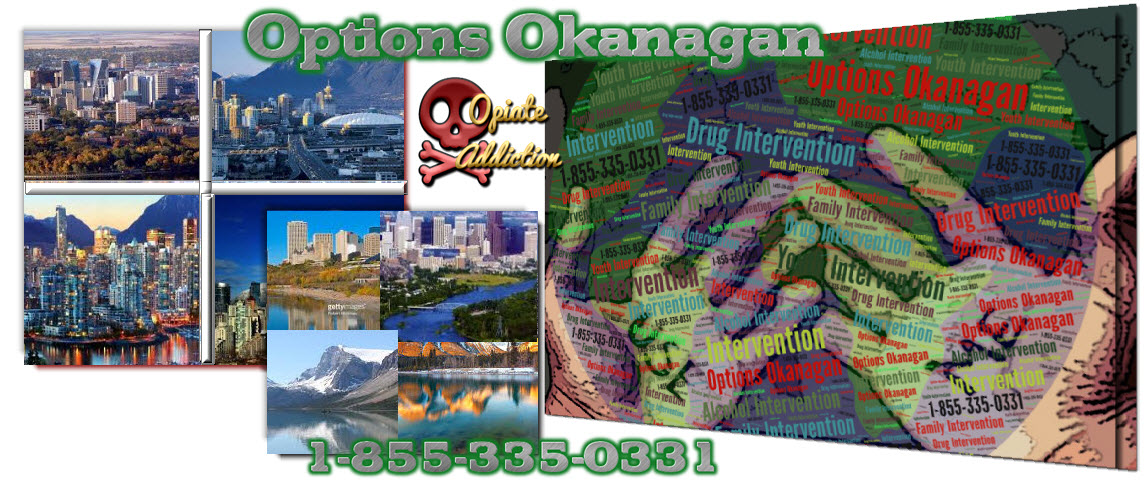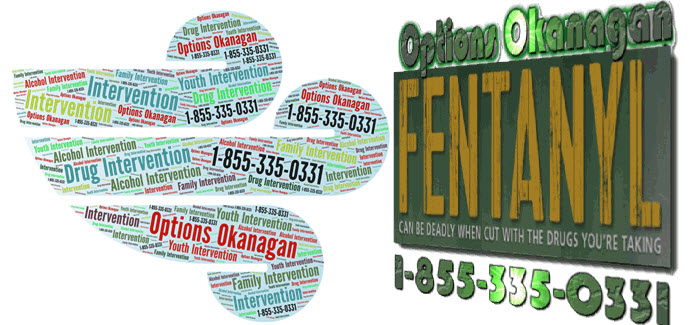New relationships while in drug or alcohol recovery: Bad Idea Or Good Idea – Addiction and Aftercare in Alberta and British Columbia – Options Okanagan Treatment Centers in Kelowna, British Columbia treating drug, opiate, fentanyl, heroin and alcohol addiction and recovery.
Drug Rehab In Alberta And BC
Following alcohol and drug rehab, many individuals are in a huge rush to begin a new romantic relationship. There are some people who find refuge being in a relationship, while others like how falling in love feels, and still others are seeking support and validation. Whatever the reason is, beginning a new relationship during the first year of recovery is a very controversial topic. Some people are large proponents of it, while others think that it is not a good idea until the alcoholic or addict is more emotionally stable. The following are some of the main view from both sides of this topic.
New Relationships in Recovery: Good Idea
Early recovery can be quite lonely. Addicts and alcoholics have lost all of the people they used to get high or drink with, so many find themselves attempting to build new lives and make new friends at the same time. When you meet someone new it can take the focus away from the hardships that are inherent to the early recovery period and offer a much needed beak to the recovering addict.
It also feels good. The early stages of dating and then falling in love is something that makes everybody happy, and that is always a good thing. If the other individual is also in recovery, then the two can support one another. If she or he is clean and sober already, then it might be a much needed break away from the 12 step world and provide you with the support that you need in order to stay on track with your recovery.
New Relationships in Recovery: Bad Idea
One of the main problems with relationship is that invariably they fail. There are fights and problems, and if one of the individuals stops feeling good about it, there could be plenty of pain for the individual who is left behind. There is the fear that people who are in the early stages of recovery aren’t strong enough to be able to handle the hurt feelings and setbacks, and if they are dumped, will end up relapsing and, maybe, not return to recovery.
If the other individual in the relationship is in recovery as well, there is the concerns that the two of them will relapse together instead of encouraging each other to remain clean and sober.
It is never positive to have a codependent relationship, and too many people during the early recovery stage find themselves in one without realizing it. Without the time for understanding and developing personal boundaries, quite often they will move too fast into a relationship that definitely isn’t right for them and therefore take the focus away from where it is supposed to be: their own progress and recovery.
New Relationships in Recovery: What Do You Think?
There are both failures and success stories on both sides of this issue. There are people who meet their spouse or partner during early recovery and they stay together for many years without any relapses. However, there are also others who fail during the early recovery without beginning any kind of romantic relationship. For this reason, many in recovery think that the decision needs to be made on an individual basis.
So what do you think? Do you think those who are in early recovery should embrace relationships or avoid them? What has been your experience?
If you or somebody you love is look for assistance from addiction to alcohol or drugs, or call us today on our toll-free helpline. Options Okanagan can assist you with assessing what your various treatment needs are and can also check your insurance coverage on your behalf. Please call 1-855-335-0331 today at Options Okanagan.
Drug Opiate Addiction Treatment
Options Okanagan Opiate and Alcohol Treatment Centers in Kelowna, Salmon Arm and Vancouver, British Columbia – Men and Women are recovering and healing from Alcohol and Drug Abuse at our treatment center here in the Okanagan right now.
Our unique and distinctive Opiate Drug and Alcohol treatment program allows men and women to come in from Calgary as well as Edmonton as we offer airport pickup.
Numerous clients come to us from Vancouver, Calgary and Edmonton and other locations in Alberta and even other provinces for Opiate addiction treatment, heroin drug treatment, many other drug and alcohol addictions for rehabilitation because of the uniqueness of our treatment center.
Our Opioid Treatment Location:
Options Okanagan Drug and Opioid Treatment Center
551 Sherrydale Crescent, Kelowna, British Columbia, V1V 2E6
Toll Free Phone Number : 1-855-335-0331

